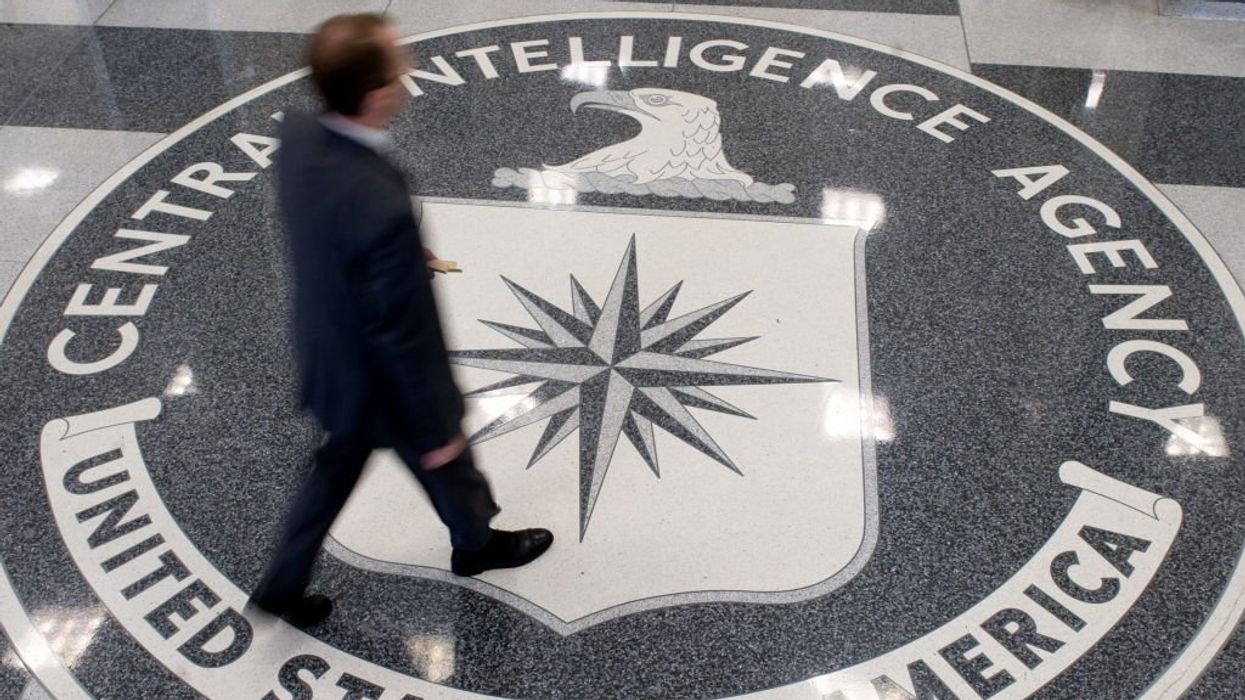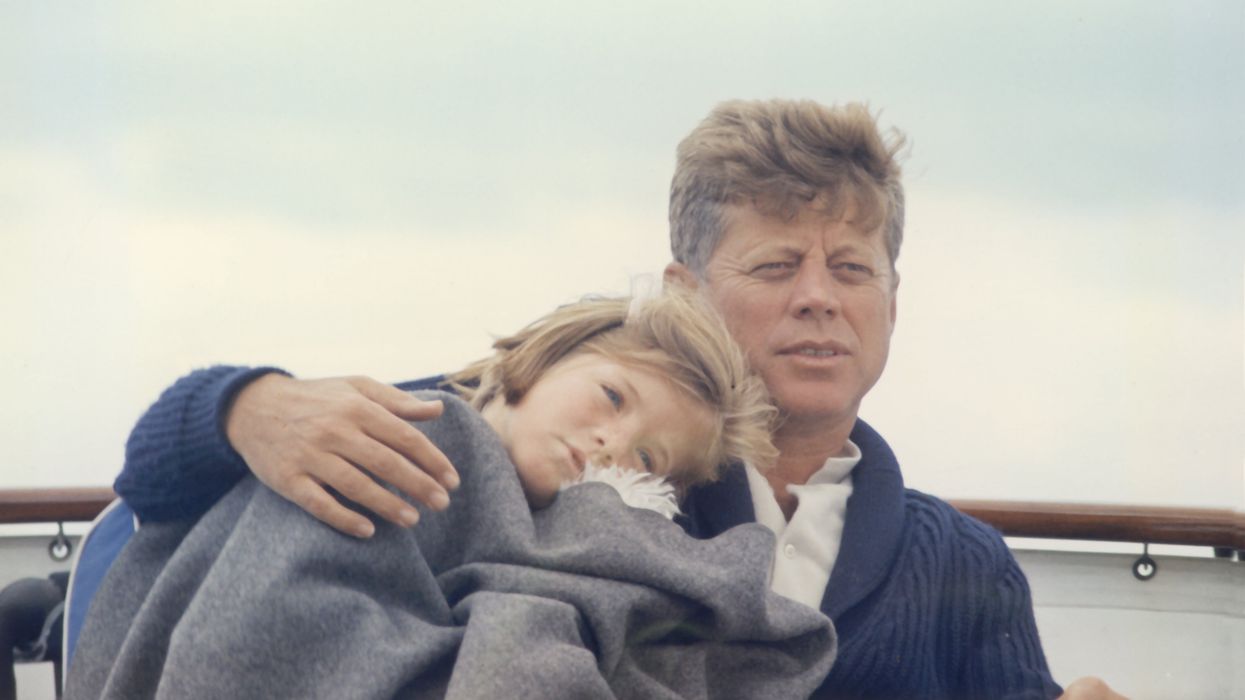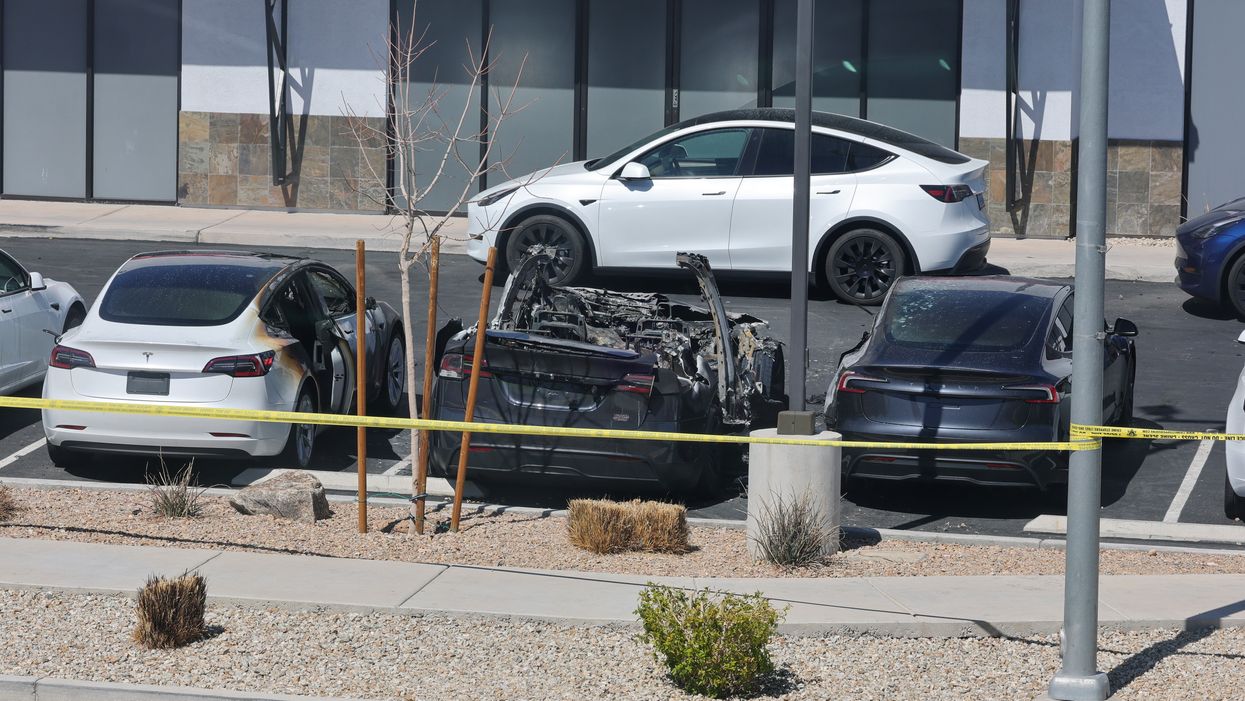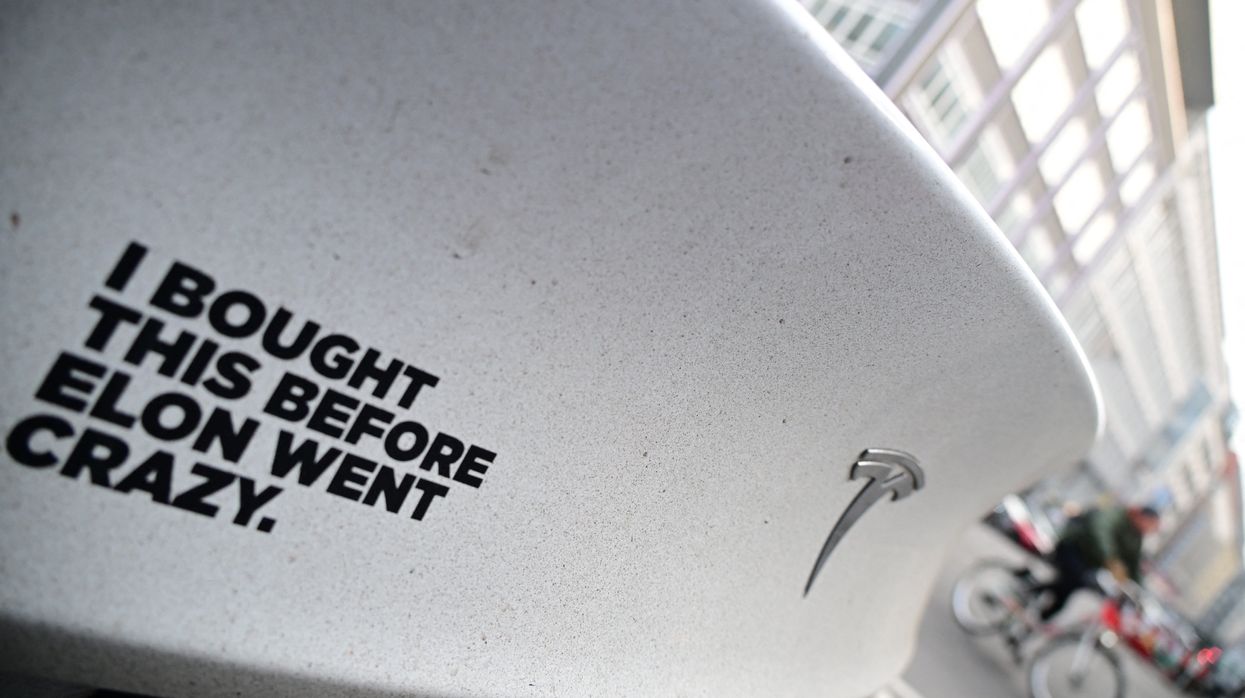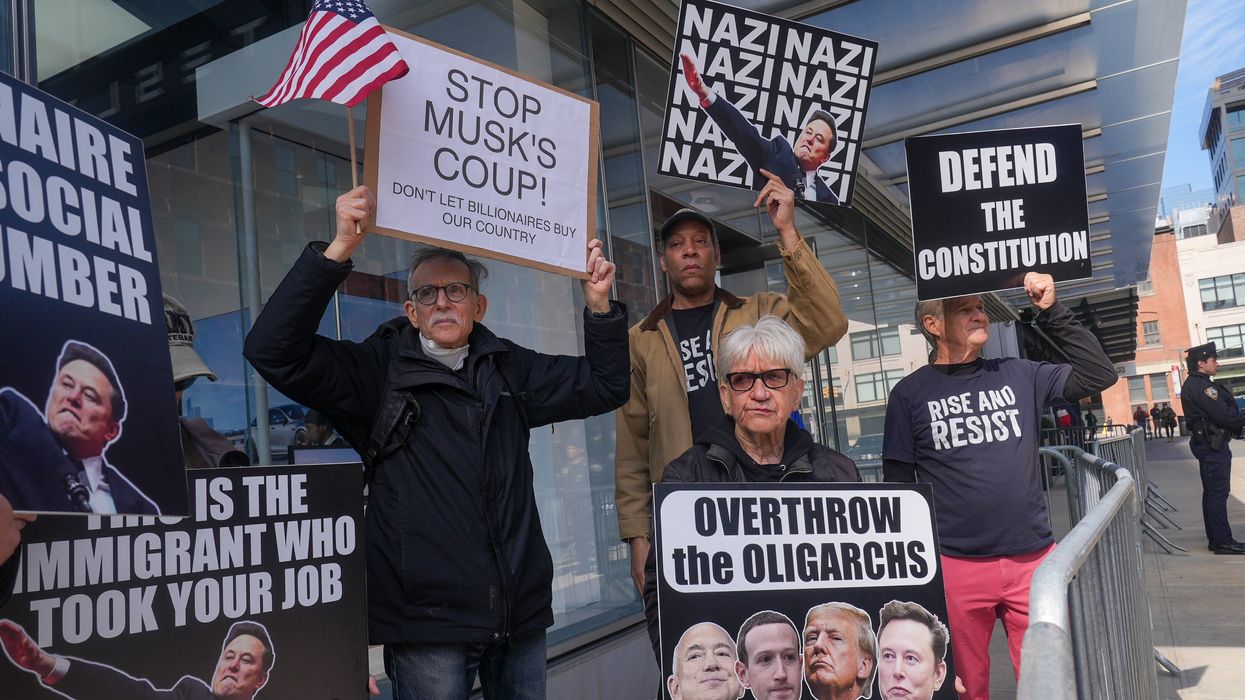June 5th was the 12th anniversary of the death of Ronald Reagan. When the former president died in 2004, thousands upon thousands of Americans stood in line to pay their respects in the rotunda of the Capital Building --- including Glenn Beck. Ronald Reagan had a huge impact on Americans and the United States. People still talk about our 40th president --- the man, the president, the legend. In this series, we explore Reagan's early years, his conversion from Democrat to Republican, the path to his election, and how his policies brought back morning in America.
Ronald Reagan Part III: The Biggest Role 'The Gipper' Ever Had
In the 1960s, a popular and outspoken Hollywood actor was about to make a big splash in American politics. Twenty years prior, he had started in the hit movie about Notre Dame's legendary player and coach Knute Rockne, who was nicknamed the Gipper. As a result, that nickname also stuck to Ronald Wilson Reagan throughout his political career.
In 1961, while he was still hosting General Electric Theater, the Gipper gave a speech that warned Americans about the evils of socialism:
Now, back in 1927, an American socialist, Norman Thomas, six times candidate for president on the Socialist Party ticket said the American people would never vote for socialism. But he said, under the name of liberalism, the American people will adopt every fragment of the socialist program.
His words were amazingly prescient.
Reagan was eventually fired by GE for being too outspoken. But he went on to make a huge impression at the contested G.O.P. convention of 1964, speaking on behalf of fellow conservative Senator Barry Goldwater. But one of the more famous speeches in his career came in October, just before the general election, in what has become known as the 'Time For Choosing' speech:
You and I are told increasingly we have to choose between a left or right. Well, I'd like to suggest that there is no such thing as a left or right. There's only an up or down... Man's old-age dream, the ultimate in individual freedom consistent with law and order, or down to the ant heap of totalitarianism. And regardless of their sincerity, their humanitarian motives, those who would trade our freedom for security have embarked on this downward course.
Even the great communicator's skills couldn't help Goldwater overcome the scare tactics employed by President Johnson and his team against the senator. LBJ won the election handily.
But Reagan's skill and fiery, positive, patriotic conservatism did propel him to prominence. Two big California donors were present at his Time For Choosing speech, and they were absolutely convinced that he was the man to lead California into the next decade. They also believed that California governor would be just the beginning politically for Ronald Reagan.
Californians respond to Reagan and elected him as governor with 58 percent of the vote. He took office in 1967, with the state in a massive financial crisis.
Immediately, he went to work to cut government spending in the state and reigned in welfare fraud. He also did something extremely surprising: He raised taxes. But his efforts paid off. Reagan turned a massive deficit into a huge surplus. And with the crisis now behind them, he began a series of rebates to California taxpayers to make up for the tax increase. In 1970, wildly popular, Reagan easily won reelection.
After his second term, he stepped aside and set his sites on Washington, DC, and 1600 Pennsylvania Avenue.
With, his proven conservative principles and his political star rising rapidly, Reagan challenged President Gerald R. Ford for the 1976 G.O.P. nomination. He took the fight all the way to the convention, before Ford finally pulled out the necessary delegates on the first ballot in a razor-close election. After Ford was introduced to the delegates as the G.O.P. nominee, he motioned to Reagan and his wife Nancy to come down to the stage and address the crowd.
The Reagans, who were high up in the arena in a press box had first motioned for the crowd to settle down and sit down, but the ovation continued. And Ford gestured again. Reagan hesitated. Then reluctantly, he and Nancy made their way to the convention floor and then to the stage.
On their way there, Nancy asked the great communicator what he was going to say. To which Reagan replied, "I have absolutely no idea," until he got to the microphone.
In that moment, Ronald Reagan made his mark.
After that mesmerizing impromptu speech, there was almost a palpable sense among the delegates that they had nominated the wrong man. And they were right. Ford went on to lose badly to Jimmy Carter in the general election. However, America was about to get it right in the year 1980. The fateful G.O.P. would correct the mistake they had made in 1976.

